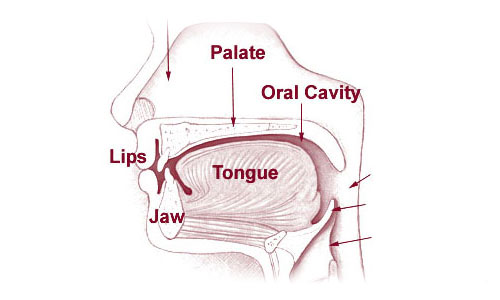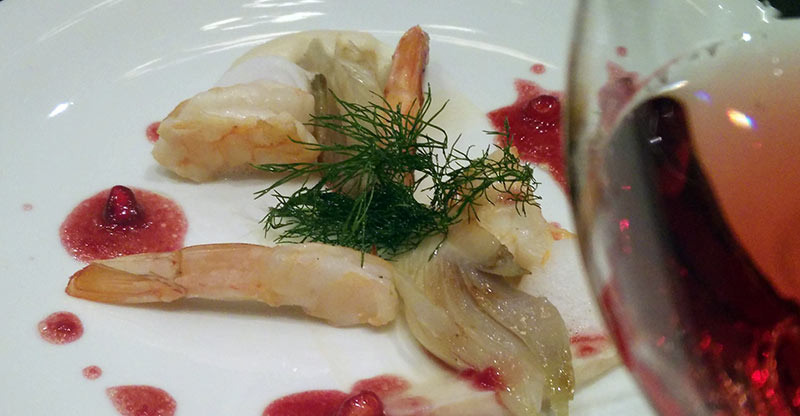
I’ve really quite gotten in to what Jon Bonné writes in his blog. I’ve always found him to be a balanced and solid wine critic for the SF Chronicle. But, it seems that his blog is an outlet for him to vent about all the nonsense in the wine industry and I like that. A recent article that caught my eye was his asking for us to stop talking about the “European palate”.
Jon goes on at length to express how this is such a cop out. Basically, it’s a dismissive term to toss at those who don’t like certain American wines as it is, in theory, a liking of wines that are high in acidity, generally lower in alcohol, and lighter in oak. I have to admit that this is more the type of wine that I like as long as the acidity isn’t too high. While I’m a big fan of wine with food, I do enjoy drinking it on its own and if it’s too acidic, this just isn’t enjoyable. There are those who would accuse me of having a “European palate”, but that’s not true as I love many, many Californian wines, as long as they’re still wine. For instance, the Rubicon from Rubicon Estate used to be a fantastic wine back in the 1990’s (the 1996 vintage was heavenly) but now, a vintage like the 2006 is just an oak barrel in a bottle and not only do I don’t want to pay $145 a bottle for it, but I don’t want to drink it even if it were free.
I chatted about this topic a bit with Sarah and Nikki at the soon-to-open Barrel Room here in San Francisco (more coverage to come on that) and asked if they thought that they leaned one way or the other. Nikki said that she would be considered to have the maligned “European palate” whereas Sarah considered herself more of what I call an “opportunistic palate”. Despite their quite different tastes, they both agreed that what they want most out of a wine was to taste its reason to exist, or “raison d’être” as we’re wanting to be snobby about this. They want to taste the terroir from which it comes and what makes it different than clunky bottle of Two Buck Chuck.
This, is what I think is the most important in all of this, “Oh, yeah, naturally you won’t like my oaky 17% alcohol Zinfandel because you have a European palate…” argument is that if the wine is well made, unique yet representative of where its origin, then it doesn’t matter where it’s from–just drink the damned thing.

